PD Courses

The Do-it-All Director's Introduction to Set Design
by Holly Beardsley
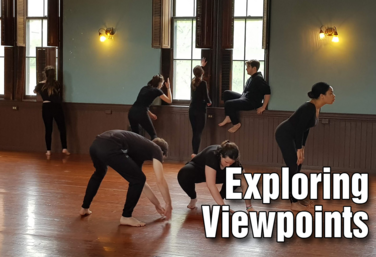
Exploring Viewpoints
by Erin Carr
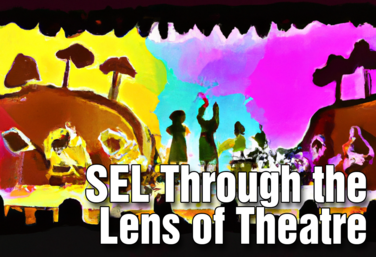
SEL Through the Lens of Theatre
by Christa Vogt
Lesson Plans
Part of Stage Movement Unit
Onstage Action
by Karen Loftus
Part of Stage Movement Unit
Stage Directions
by Karen Loftus
Part of Stage Movement Unit
The Technicalities of Stage Movement
by Karen Loftus
Part of Pantomime Unit
Gesture
by Karen Loftus
Part of Pantomime Unit
Unit Project
by Karen Loftus
00 - Emergency Lesson Plans Ebook
by Lindsay Price
Units

Part of the Drama One Curriculum
What is Theatre?
by Karen Loftus
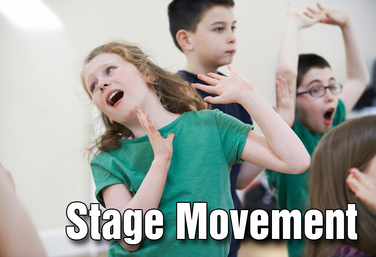
Part of the Drama One Curriculum
Stage Movement
by Karen Loftus
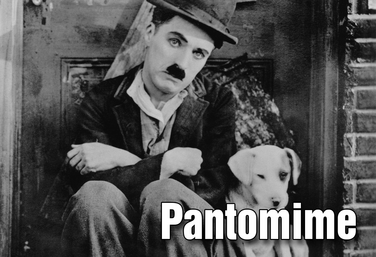
Part of the Drama One Curriculum
Pantomime
by Karen Loftus

Part of the Drama One Curriculum
Voice
by Karen Loftus
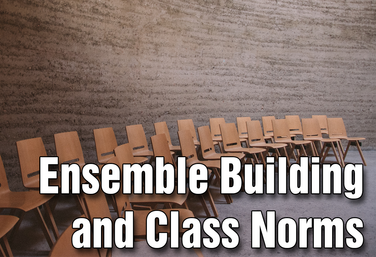
Part of the Middle School Curriculum
Unit One: Ensemble Building and Class Norms
by Lindsay Johnson
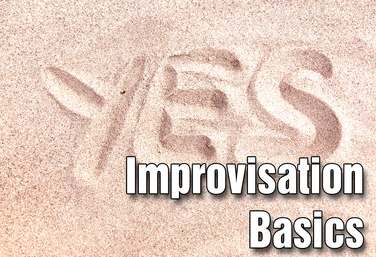
Part of the Middle School Curriculum
Unit Two: Improvisation Basics
by Lindsay Johnson
PLCs

Theatre History
Hosted by Matt Webster, Lindsay Price, Lea Marshall, Wendy-Marie Martin

Monologues
Hosted by Matt Webster, Lindsay Price, Matt Banaszynski, Gai Jones

Classroom Management
Hosted by Matt Webster, Lindsay Price, Maria Smith, Claire Broome

Classroom Management Tune-Up
Hosted by Matt Webster, Lindsay Price, Jessica McGettrick, Gai Jones

Classroom Management with Social Emotional Learning - Session Two
Hosted by Matt Webster, Lindsay Price, Christa Vogt, Shelby Steege

AI in the Drama Classroom
Hosted by Matt Webster, Lindsay Price, Jessica McGettrick, Elizabeth Holbrook